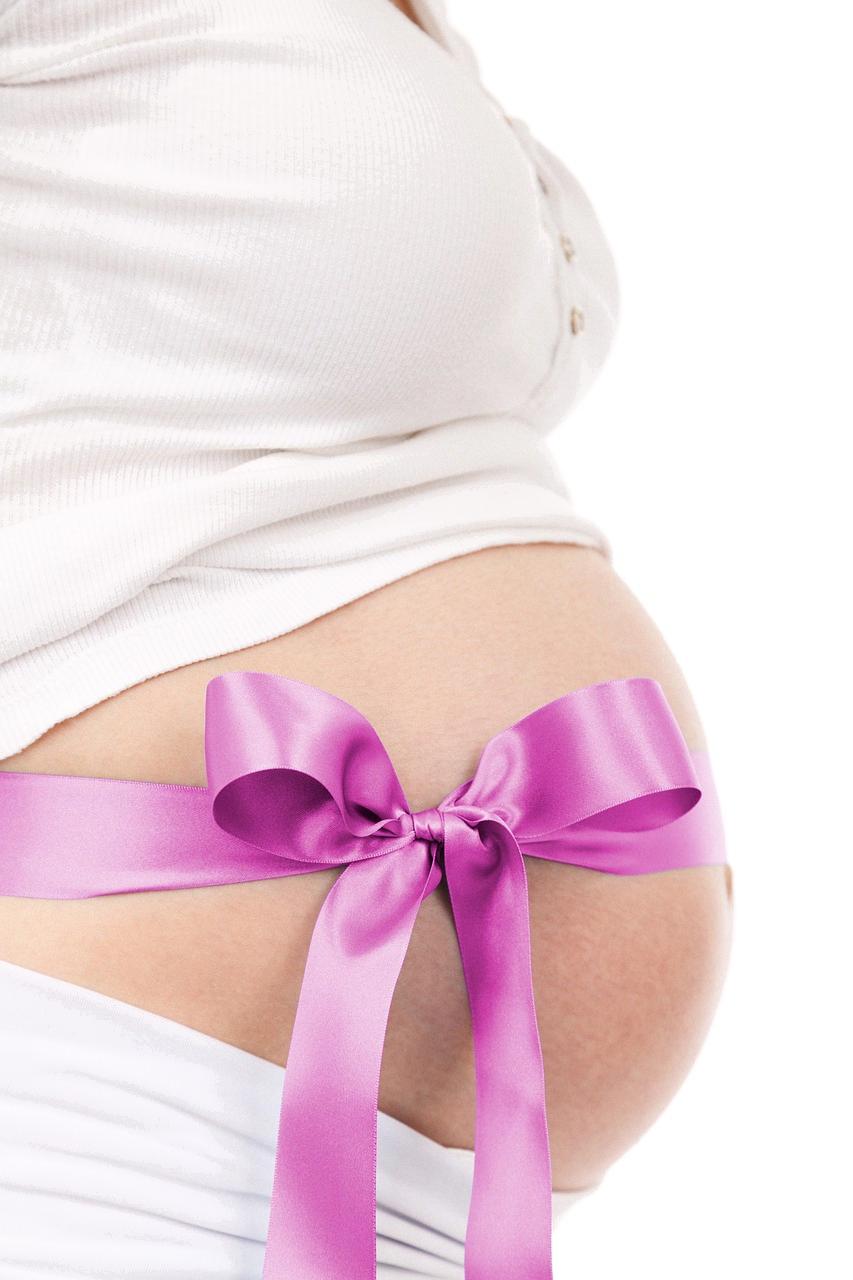One common concern that many pregnant women have is whether constipation during pregnancy can have negative effects on their baby. It is completely understandable to worry about anything that may potentially affect the well-being of your little one. However, let’s delve into the facts to understand this issue more clearly.
First and foremost, it is essential to know that constipation during pregnancy primarily affects the mother’s comfort and well-being. The discomfort and challenges related to constipation are typically limited to the mother’s digestive system and do not directly impact the developing baby inside the womb.
It is crucial to address constipation during pregnancy promptly to alleviate any discomfort and ensure the mother’s overall health. Thankfully, many common over-the-counter laxatives are considered safe to use during pregnancy and breastfeeding. These laxatives work locally in the digestive system and are not significantly absorbed into the bloodstream, reducing the risk of affecting the baby.
While constipation itself does not directly harm the baby, persistent constipation can lead to other issues that may indirectly impact pregnancy. For example, severe constipation can cause hemorrhoids, which can be uncomfortable and painful for the mother. Additionally, straining during bowel movements due to constipation can increase the risk of developing conditions such as urinary tract infections.
Moreover, chronic constipation can also contribute to a condition called fecal impaction, where hardened stool accumulates in the rectum. Fecal impaction can lead to more severe complications if left untreated, such as rectal bleeding or tearing of the anal tissue. These complications, while primarily affecting the mother, can further add to the discomfort and stress during pregnancy.
It is crucial for pregnant women experiencing constipation to adopt healthy dietary and lifestyle habits to manage this common issue effectively. Prioritizing high-fiber foods, staying hydrated, engaging in regular physical activity, and listening to your body’s natural cues can significantly help prevent and alleviate constipation during pregnancy.
Consulting with a healthcare provider is essential if constipation becomes persistent or severe during pregnancy. Your healthcare provider can offer personalized advice, recommend safe laxatives if needed, and address any underlying medical conditions that may be contributing to constipation.
In conclusion, while constipation during pregnancy is primarily a discomfort that affects the mother’s well-being, it is crucial to address this issue promptly to maintain overall health and comfort throughout pregnancy. By adopting healthy habits and seeking guidance from healthcare professionals, pregnant women can effectively manage constipation and focus on nurturing themselves and their developing baby.

